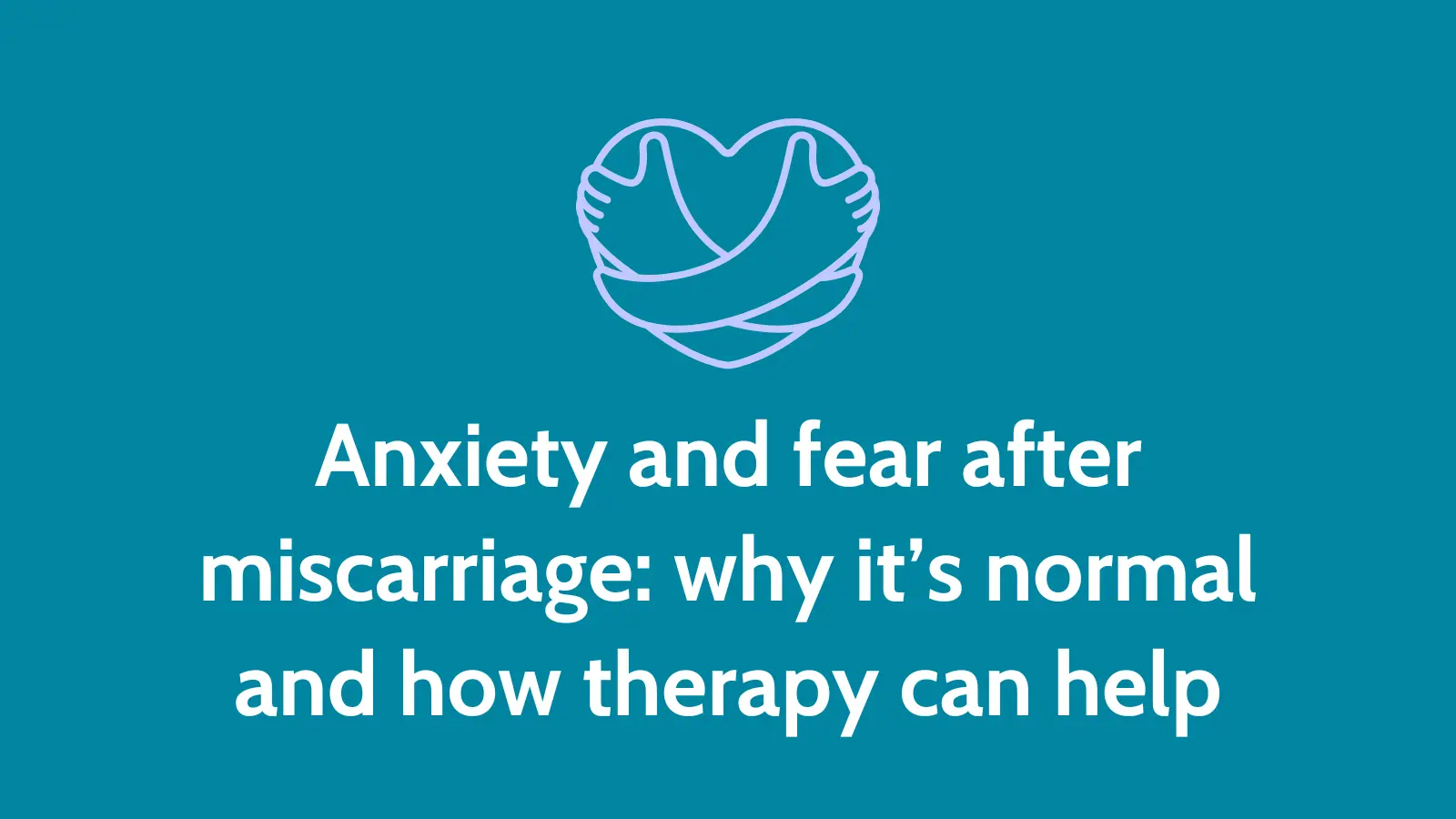Recurrent miscarriage: new guidance for doctors and patients
26th June 2023
The Royal College of Obstetricians and Gynaecologists (RCOG) has updated its guidance for doctors on caring for people with recurrent miscarriage. They have also published a patient information leaflet.
What is new?
There is
- a change in the definition of recurrent miscarriage
- more consideration of the occasions where someone might be offered tests after two rather than three miscarriages and
- updated information about causes, tests and treatments.
We highlight below what is new and what it might mean for you.
Recurrent miscarriage definition: three miscarriages, but not necessarily in a row
Recurrent miscarriage used to be defined as three or more miscarriages in a row. It is still three or more miscarriages, but no longer necessarily one after another. So if you have a healthy pregnancy or pregnancies in between your three miscarriages, that should now be considered to be recurrent miscarriage.
Tests
If you have had three early miscarriages, you should be offered some tests to see if there is an underlying reason or reasons for your losses. However, you might be offered tests after two early miscarriages, for example:
- if you are in your late 30s or older, or
- if it has taken you a long time to conceive, whether or not you needed fertility treatment, or
- if your doctor thinks your miscarriages might have an underlying cause.
You should also be offered some tests after one second trimester loss, that is if your baby died after the first three months of pregnancy. You’ll find information about second trimester loss (late miscarriage) here and more detail about tests after second trimester loss here.
How the new guidance might affect your care
While the RCOG guidance is widely respected and followed across the UK, it is not actually compulsory for hospitals or clinicians to follow its recommendations and there may be differences between different hospitals.
- Some hospitals or doctors may offer more than is recommended, such as testing after two early miscarriages.
- Some may offer less, continuing to offer tests only after three consecutive miscarriages (three in a row).
- For some, perhaps many, it will take time to change practice and processes, especially if offering tests to more people requires more staff and clinic time and resources.
Whatever your circumstances, knowing what is now recommended – and what is not – might help you feel more confident in asking questions about your care.
We provide more information about recurrent miscarriage and about the affect it can have on people here.

